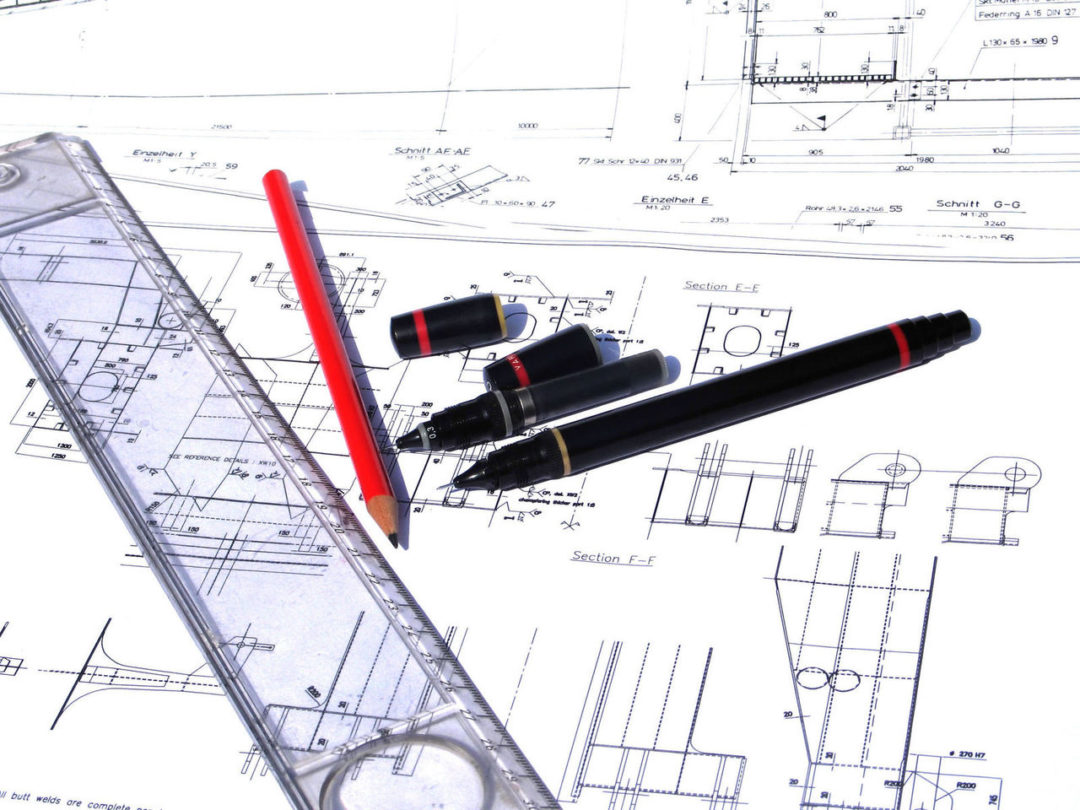The Importance of Workholding Flexibility
August 15, 2024


Don’t confront me with my failures. I have not forgotten them… From These Days by Jackson BrowneDesigners lie awake at night remembering their mistakes — at least the good ones do. Whether you are responsible for developing new products or building custom equipment, you will face situations where things don’t work out as planned. And as I used to tell my soccer teams, the true measure of your character is how you react to your own mistakes and those of your teammates. Few things are more annoying than working with someone who won’t admit an error or who tries to pass the blame off to others. Whether designer or drafter — it is tough to pass the buck as your name is all over the paperwork. The only people who don’t make mistakes are those who don’t do anything, so big contributors have to reconcile themselves to the occasional screw-up. I say this from painful personal experience; I lost at least one job because of a very specific mistake on a project. No excuses, e.g. — schedule compression, over promising, lack of input data, or faulty checking — can save a situation when a machine that doesn’t work has your name on the drawing. You never feel lower than explaining to your child that their life is getting turned upside down because you made a crucial error. No, kid, it won’t go away if daddy makes a sincere apology. When these situations arise it is not unreasonable to retreat to a less vulnerable position or become very conservative in your designs, promises, and schedules; but doing so means throwing away the value of the entire experience. Managers with a “quick hook” tend to go through lots of people, thus allowing your competitors to reap the benefits of an applicant’s valuable “lessons learned failure experience.” After all, what is “experience” other than incorporating those lessons learned from failure into your daily routine? No one says all those failures have to be personally generated, but that is a topic for another posting.